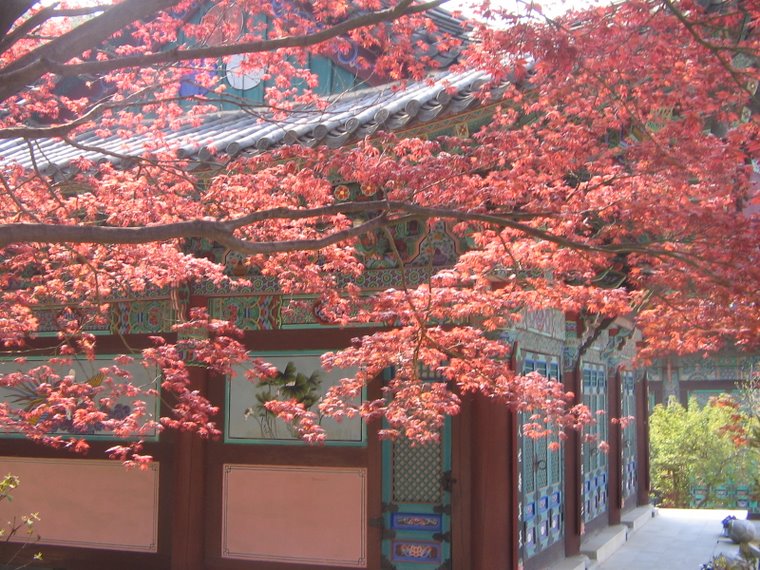
Korea really embraces all things American, probably in the hope that the Americans will protect them next time a neighboring country comes invading. So you increasingly find American restaurants, brands and forms of recreation popping up in the cities.
Cricket is a game of timing, tactics, skill and grace. Its as English as the language itself. And just like with the English language, the Americans have packaged it into a quicker, flashier and more commercially successfully form: baseball.
Baseball comes just after snail racing in popularity stakes in South Africa, but I was happy to join my church crew for my first baseball game in Daejeon on Saturday.
Fortunately, there were one or two avid fans among them who could explain the gist and the rules of the game to me. Its like rounders, only with adults playing it.
Now there is an urban legend in the cricketing world that a couple of West Indian cricketers made a pile of money playing baseball. They came back to cricket because ''there was no challenge in baseball!''. It seems to me that baseball players don't know how to hit a ball. Its no wonder that our team (the Hanwha Eagles!) only scored about three runs in the entire game. (I think the other team scored 5 or 6, and won.)
So instead of traditional American hot dogs at the baseball, the Koreans were eating "sausage on a stick", which is made from some sort of unidentifiable meat that Cut-Me-Own-Throat Dibbler would be proud to sell. The snacks that were identifiable, usually come animals with tentacles. And while the Americans shout "bring in the relief pitcher!", the Koreans do perfectly synchronized dances in the stands.
I was just starting to get into the game (especially the 'slow motion' Mexican wave of the Korean crowd) when it was over. After two hours, the Americans start complaining about how long the game takes. Clearly, they haven't sat at Newlands for five days of glorious sunshine, cricket and intermittent sleeping. You just can't rush art, guys.








